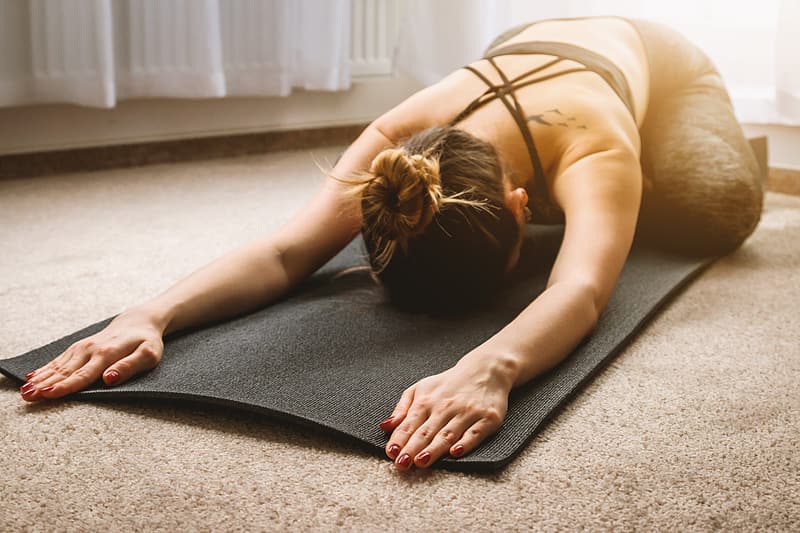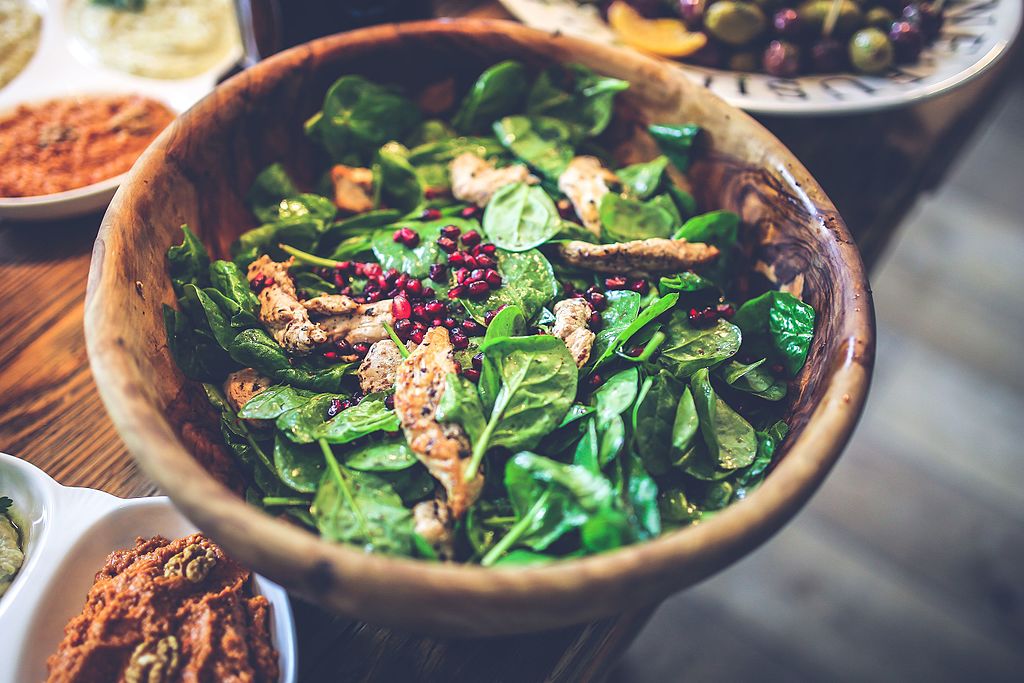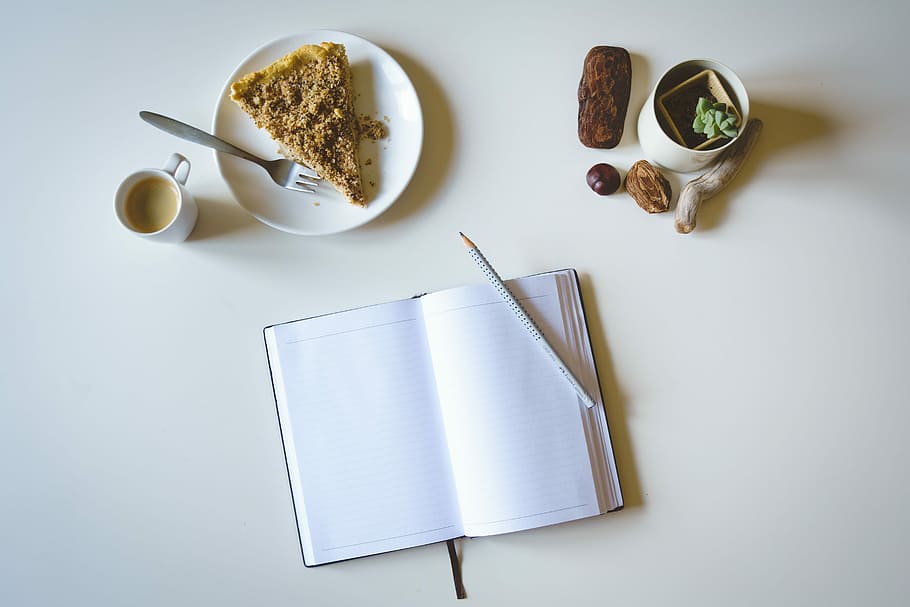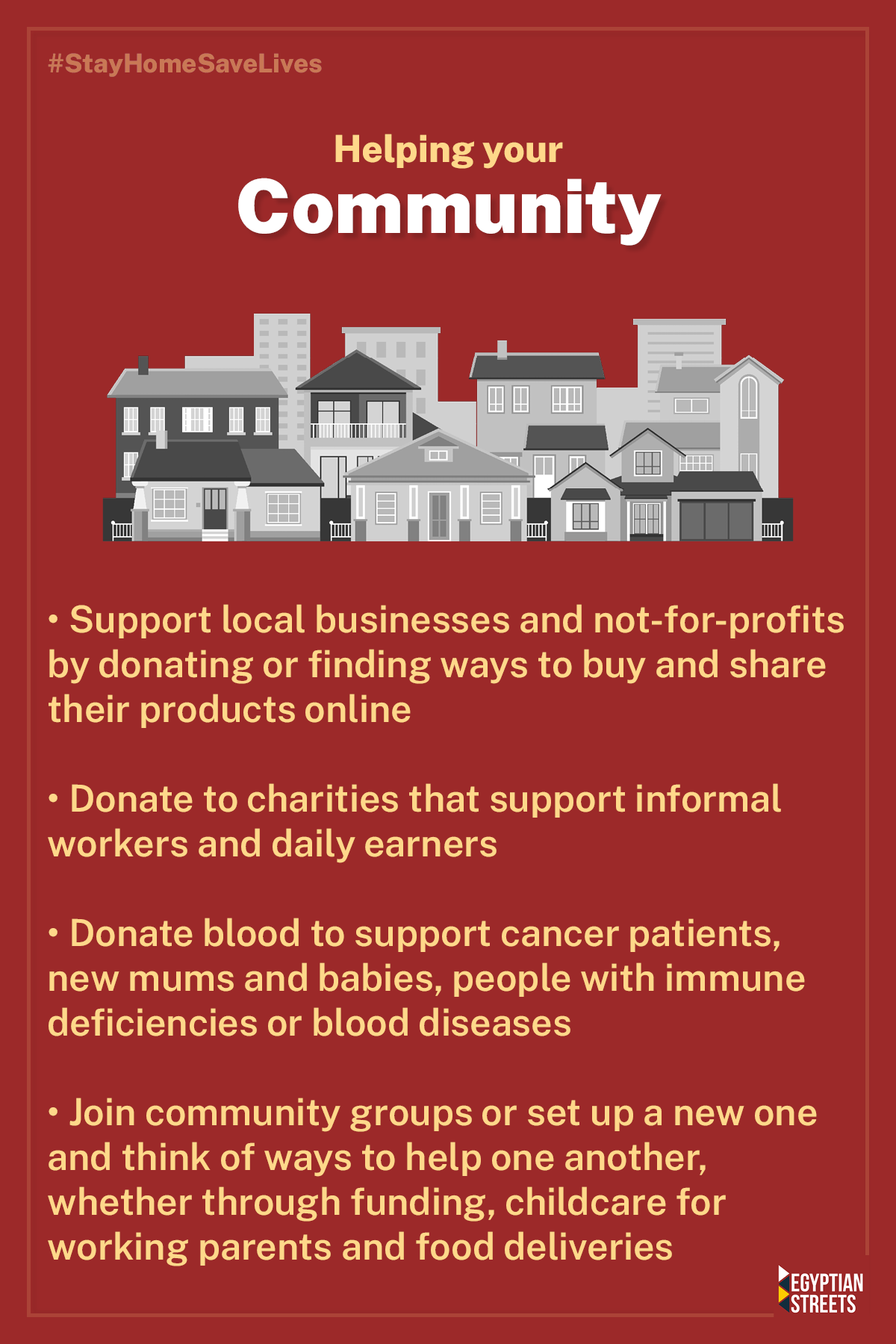In Part 1 of the 35-tip listicle suggesting activities for those staying home to keep themselves and their community safe, Egyptian Streets laid out a number of options for what you can do for self-development and entertainment. But maintaining your health can also prove to be a challenging pursuit during this time. Part 2 presents ideas for what you can do to help keep your mind and body healthy and relaxed throughout your time in self-isolation.
Physical health
11. Cook healthy, nutritious food
With all the restaurants shut and opening delivery services to keep afloat, it can be very tempting to order in every day while vegging out at home. While treating yourself from time to time is a good idea, it can also be very beneficial to your physical health to get into the habit of cooking healthy meals for yourself. Cooking can be a creative outlet, and healthy foods can help you maintain your immune system. If you are a novice to cooking, there are a variety of Facebook Pages, Twitter Accounts, and YouTube Channels that have simple, healthy, and delicious recipes that you don’t need to be experienced to cook.
12. Take solitary walks outside
Though this may be a challenge in some parts of Cairo, if you are able to take outdoor walks outside of curfew hours, it can be beneficial in a variety of ways. The lack of activity that comes with being told to stay at home can decrease your blood circulation, so getting out of the house (while maintaining social distancing guidelines), taking a walk or a jog and getting some sunlight can keep your mind active and your spirits lifted.
13. Do yoga or bodyweight exercises
While having sports equipment can allow you to replicate a gym from home, for the many of us who can’t afford to or don’t find it worthwhile to invest in having a treadmill or dumbbells at home, yoga and bodyweight exercises are an effective replacement for the gym. YouTube is home to many channels, such as Blogilates, BodyRock, and Yoga with Adriene, specifically dedicated to home workouts of different kinds, most of which require no equipment.
14. Stay hydrated
Getting enough water is essential at all times, but with the need to maintain a strong immune system, the need is even stronger. The lack of activity may cause us not to feel particularly thirsty, but we can find ways to stay hydrated. Keeping a bottle by your bedside or at your work station is always a good idea, and drinking herbal teas to give your palate some variety can also be helpful. It is important to note, however, that coffee and caffeinated teas such as green tea and black tea are diuretics and do therefore not provide hydration like water and herbal teas.
15. Take workout dance classes
If you are a lover of music and find it to be a motivator for your workout, doing dance-based workouts can be a way to get yourself into the habit of getting your cardio in from home. There is a myriad of online resources for energizing workouts that keep your body moving with a musical background. You can check out YouTube channels such as Dance Fitness with Jessica or Zumba and follow their choreographies to stay fit from home.
Mental health
16. Keep a journal
Whether it is to keep your creative juices flowing or to lay your thoughts out in front of you to avoid getting trapped in them, keeping a journal is a highly recommended habit to keep during this time. As our days begin to increasingly look the same or melt into each other, having a journaling ritual can also help our minds remain organized and give the feeling of structure we may be missing from all the parts of our routine that are now no longer there. It is a useful tool for relieving stress, reflecting on the self and on experience, and remaining in control of your thoughts during this difficult time.
17. Find ways to help your community
Finding a way to be a source of comfort, assistance, and positivity in your community can help you in maintaining your own mental health. If you are able and have at-risk loved ones, you can try your best to help them in completing the tasks they cannot perform themselves, such as for instance bringing them their household necessities. Supporting local businesses in any way you can also lets you help prop up your community in this difficult time. Additionally, you can get informed about local charities you can support to help daily workers who were laid off or whose income has been cut. Egyptian charities such as Al-Orman Association, Resala, and the Egyptian Food Bank allow you to volunteer or donate to those in need of support.
18. Keep track of things you are grateful for
It helps to acknowledge the stress and difficulty of living through a global pandemic, but it is also important not to fall into the trap of being too absorbed in the negative aspects of the situation. To avoid this, it can be helpful to remember the things in your life you are grateful for. You can keep a gratitude journal where you can write down the positives. There are notebooks that are specifically designed to be used as gratitude journal, but there is no reason why you shouldn’t use a blank notebook that may be lying around at home. You could alternatively take up the habit of thinking of five things you are grateful for upon waking up or before you fall asleep. Keeping positive thoughts in your mind at the beginning of the day or at the end of it can keep your spirits lifted throughout the day or help you sleep more soundly.
19. Take time to fully disconnect from news
Being aware of the statistics, safety guidelines, and developing efforts to cure or medically prevent COVID-19 is important, but being over-exposed to news can weigh on you and mentally drain you, as it is extremely likely that you have no control whatsoever over the unfolding events. Find time to completely disconnect from the news – whether that be through turning off the news on TV or taking a social media hiatus. This can make a huge difference in maintaining your resilience in the face of the current difficulties.
20. Reach out to friends if you feel unwell
Though ‘social distancing’ is the term most commonly used, it can arguably be considered a misnomer. A better term, perhaps, is physical distancing. While in physical isolation at home, maintaining your social relationships can be of critical importance to maintaining your mental health. We are lucky to be living in a time where communicating on the phone or virtually is easy and almost always free, therefore if you are feeling unwell mentally or emotionally, reaching out to the people you love and trust, can make a significant difference.
Relaxation
Being on edge during these times is almost unavoidable. That is why finding the time and space to relax your body and mind and care for yourself provides a needed release in your daily routine.
21. Prayer or meditation
Prayer, mindfulness, and grounding are all helpful exercises that can help alleviate the stress of the current situation. For those who turn to their religious faith, prayer can be a source of calm and comfort, and otherwise, meditation can play a comparable role. It may not easy to wrench yourself from the worries that come with a global pandemic. For meditation, there are many online resources that can help. There are YouTube videos and podcasts that provide guided meditations and a highly recommended application to download on your phone is Headspace.
22. Care for your skin
The lack of sun and air that comes with staying inside, along with the temptation to reach for less-than-healthy snacks may have a negative effect on the skin. Luckily, taking time for skin care is an activity that can be soothing and relaxing. Whether it’s with elaborate products or homemade masks or scrubs, creating a morning and evening skin care routine can add order and calm to your everyday life at home.
23. Try creative exercises
Give art therapy a try. Pick up a colouring book or a sketchbook and get creative with pencils, coloured pencils, or paint. Try get your hands on a full colouring book or find mandalas to print out online if you have access to a printer. Stationery shops such as Samir & Aly have online shops and provide a variety of art supplies that can allow you to get creative and even a little messy. The YouTube channel of the late Bob Ross, a widely loved painter that made painting landscapes easy for those of us without any experience with art, provides soothing painting tutorials, too.
24. Get the right amount of sleep
The lack of a daily structure can often be conducive of under-sleeping, over-sleeping, or having a disorganized sleep schedule. This can affect mental health and physical health alike and may make it difficult for you to maintain your performance at work or in your studies. Trying to impose your own healthy sleep schedule may be very helpful in boosting your mood and your immune system, leaving you relaxed and energized. This sleep schedule does not necessarily have be a full eight hours, but trying to keep your hours of sleep consistent every day and during night
25. Back to basics
Last, but not least, you can go back to the basics. Take a soothing bath, light a scented candle and dim the lights, listen to classical music, drink herbal tea, or exchange massages with whoever you are trapped in quarantine with. These suggestions may appear to be clichés, but they can help you pause and breathe, and a have a moment of calm to interrupt the stress of the day.
Stay tuned to our pages to see Part 2: Physical Health, Mental Health, and Relaxation and Part 3: Families & Relationships and Catching Up.










Comments (8)
[…] to do at home this Easter – Edgbaston Village 10 Productive Things to Do During Quarantine 35 Things to do to Cope With Quarantine | Part 2: Physical Health, Mental Health, and Relaxation | E… 5 Things To Do If You Are In Quarantine By Yourself 15 of the best things to do in Cambodia and […]
[…] Sense | All Pro Dad 10 Things To Do In Isolation This Week In Louisville (4/13) – LEO Weekly 35 Things to do to Cope With Quarantine | Part 2: Physical Health, Mental Health, and Relaxation | E… To Do List Daily: Unmissable Things To Do in London | Mon 13 April – Sun 19 April 2020 […]